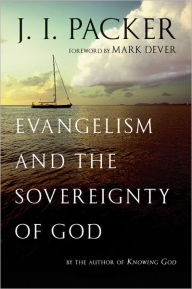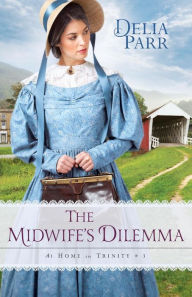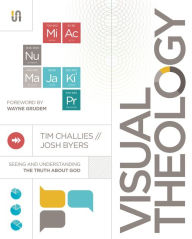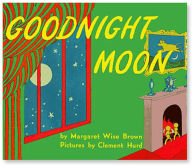 Book Information – Evangelism and the Sovereignty of God
Book Information – Evangelism and the Sovereignty of God
Author – J. I. Packer
Publication Information – InterVarsity Press (2012 edition of 1961 original; $9.99 digital, $16.00 print)
Reading Challenge Book? Yes. This is a book recommended by my pastor.
One of the pastors at the church where I grew up makes no secret of his love for this book as well as for J.I. Packer’s Knowing God. Even though I’ve read Knowing God several times over and really found it life-changing, somehow I’d missed this book.
One of the attacks often leveled at reformed theology is that we must not believe in evangelism since God has chosen His elect. In this short book, Packer very powerfully makes the case that God’s absolute sovereignty is what should drive our passion to evangelize. This book contains one of the best discussions of the reasons for evangelism that I have ever read and it is deservedly a classic. I intend to read it again so that I can think about it more deeply and it’s one of those books that I think belongs in any library. Rating: 5 stars
—————-
 Book Information – Benjamin Franklin: An American Life
Book Information – Benjamin Franklin: An American Life
Author – Walter Isaacson
Publication Information – Simon & Schuster (2004, $12.13 print)
Reading Challenge Book? Yes. This is a biography.
Clocking in at nearly 600 pages, this is an impressive doorstopper of a book. Fortunately, it’s also fascinating reading so it didn’t feel terribly long at all.
Most relatively well-educated people will have at least a vague sense of Benjamin Franklin and his importance in American history. However, this book really digs deeply not just into the person but also the time in which he lived. The result is a vivid portrait that made me appreciate Franklin more, despite his infamous shortcomings.
Isaacson starts with Franklin’s early life, which was somewhat difficult to put it mildly. The picture that emerges is one of a bright boy who develops into a clever, determined young man whose humor and wit take him far. Though obviously very gifted, his pride and temper seemed to make him his own worst enemy at times.
In some ways, Franklin with his Poor Richard’s Almanac and famous maxims has been made to personify the American spirit of thrift, striving and innovation. These are definitely present in the story of his life. However, Isaacson does a marvelous job of marshaling the primary sources to show him as human as well. The Franklin that emerges here is a more complex (and sometimes less likable) figure than the one we see in textbooks or even his own autobiography. A good biography of a flawed but important figure. Rating: 4.5 stars
————-
 Book Information – Howards End
Book Information – Howards End
Author – E. M. Forster
Publication Information – Dover Thrift Editions (2010 reissue of 1910 publication, $0.99 digital, $4.50 print)
Reading Challenge Book? Yes. This is a book more than 100 years old.
My first introduction to E. M. Forster came through the lush Merchant and Ivory films that were popular when I was a child. At the time, I think I was too young to really grasp some of the themes of the novels but I could enjoy the gorgeous cinematography.
Now, as an adult, I can better appreciate the complexity of Forster’s books. This novel, originally published in 1910, illustrates the tensions between the more traditional segments of English society as represented by the Wilcox family who own Howards End and the more modern (and decidedly secular) patterns of the Schlegel family. In this tale of a friendship and other interactions between members of the unorthodox Schlegel clan and the Wilcoxes, we see the tensions again and again. For instance, Margaret Schlegel and Mrs. Wilcox become very close friends but the worldly and “modern” Margaret just cannot understand the importance family holds for Mrs. Wilcox.
In addition to the push and pull of emotions and tangled relations between Schlegel and Wilcox, a chance meeting between the Schlegels and a young working class man named Leonard Bast set in motion a series of events that eventually unfolds with tragic consequences. The result is both an interesting if sometimes disquieting portrait of the early 20th century as well as a thoughtful consideration of the meaning of life. Written from what appears to be a decidedly non-Christian perspective(Forster was an athiest), I don’t agree with some of the places that Forster’s pondering takes him but this subtle, well-written book is worth reading and thinking through nevertheless. Rating: 4 stars
 Book Information – Scared: A Novel on the Edge of the World
Book Information – Scared: A Novel on the Edge of the World


 Book information –
Book information – 

 Sometimes I feel like it’s a long road I’m on.
Sometimes I feel like it’s a long road I’m on.
 Book information –
Book information –  I had to laugh when I saw this week’s Five Minute Friday prompt. For the past couple of weeks, nothing has really felt easy.
I had to laugh when I saw this week’s Five Minute Friday prompt. For the past couple of weeks, nothing has really felt easy.